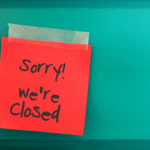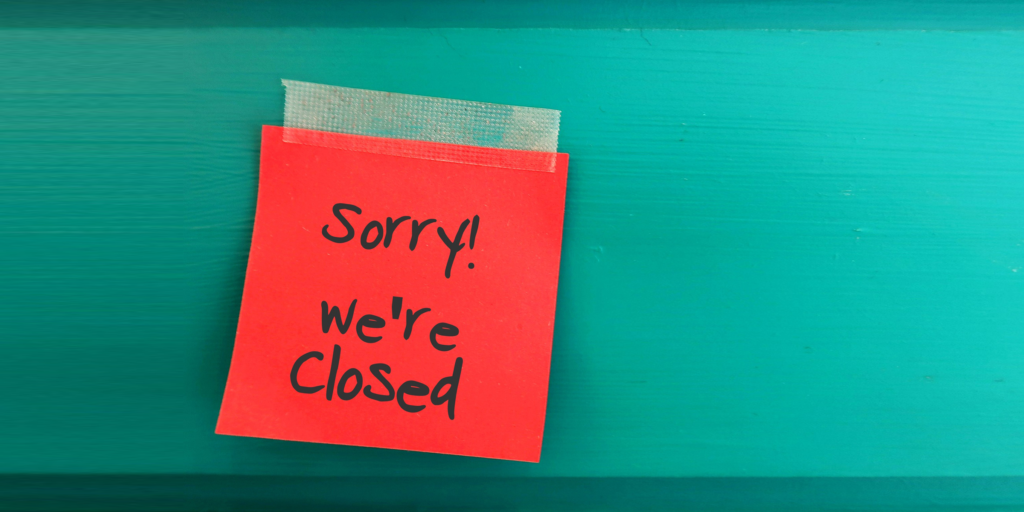A World Under Lockdown
On December 31, 2019, in the port city of Wuhan, central Hubei province, China, several cases of an unusual form of pneumonia were reported to the World Health Organisation. Several of those infected worked in the Huanan Seafood Wholesale Market. 11 days later, on 11th January 2020, the pneumonia had claimed its first life, a 61-year-old man who had purchased goods from the same seafood market.
The virus, named by Chinese authorities as 2019-nCoV, identified as being part of the coronavirus family, the same family that includes SARS and the common cold, continued to spread at an alarming rate. In an attempt to contain the spread, authorities closed down cities in Huanan Province, and suspended air and rail travel from Wuhan.
The first lockdowns were in place, but the number of confirmed cases was skyrocketing across China, and the number of deaths doubling every 4 days in the final days of January. As plans for the Chinese New Year were cancelled in Beijing, and all major landmarks closed, the first cases of the 2019-nCoV were confirmed outside of China, in the Philippines, Thailand and Japan all of which had arrived from Wuhan
In the following days, new cases continued to be reported in the United States, Nepal, France, Australia, Malaysia, Singapore, South Korea, Vietnam and Taiwan.
31 January 2020, two Chinese tourists in Rome tested positive for the virus. In response, Italy suspended all flights to and from China, and declared a state of emergency. In February, the Italian government placed Italy under an effective quarantine. The lockdown, which would spread across Europe had begun.
As of today, April 4th, the virus, renamed COVID-19 has spread to almost every country in the globe, killing 53,000 people and infected more than 1.1 million, according to data compiled by Johns Hopkins University.
The complacency of European/ American nations in the face of the epidemic I find very curious, and very telling. Did they not believe that the virus posed such as risk, even as thousands fell ill across East Asia? Had the outbreak occurred in Western Europe or the United States, would European governments have been quicker to act?
Whilst healthcare and the ability to fight disease is vastly improved since the fatal pandemic 100 years ago, the 1918 H1N1 virus, the interconnectedness of the world today, as well as a booming global population, means that the spread of an infectious disease is a much more likely than before, and a global pandemic all but inevitable.
After witnessing in just a short time the devastating impact of a virus such as COVID-19, those of us from the human world can only hope that lessons will be learned and positive steps be taken to ensure the safety and continued functioning of the our world, as well as a rapid global response in the face of future crises.
As public health services are stretched worldwide, it brings great sadness to realise that poorer countries will be disproportionately affected. We, in the wealthier nations, must count ourselves fortunate that we can lock ourselves away minimising the risk of infection in the knowledge that our governments will provide support in the event of an on-going lockdown. We must be ready to lend assistance to other nations in the aftermath.
For those who can weather a pandemic from the comfort of their own homes, the imposed isolation could actually bring many unexpected benefits. Just a couple of weeks into the lockdown, the unease and surrealness of the situation has brought many of us closer to friends and relatives, calling more often from the isolation of home.
Others, making the most of free time and the availability of out-of-house activities have sought to make up on lost time in all the pursuits that a 5-day working week does not permit, to fix long-standing problems in the house, to paint, to read, to study. For some, it is a perfect opportunity for personal development, for others to get back in touch with old friends they have been meaning to contact, but never quite got round to it.
Another immediate benefit of the lockdown is the realisation of just how dependent we are on modern day food supply and distribution networks, and just how quickly household supplies run out when the availability of supplies is suddenly restricted. With the realisation of shortage comes the realisation of our own consumption, of necessities and of the superfluous.
Recalling the times of rationing in WWII, the last time that the UK population had to confront the reality of personal sacrifice, the slogan ‘Make Do & Mend’ from a 1943 UK government pamphlet of the same name, has a particular significance. In a time of unparalleled national consumption, a global crisis such as that of pandemic can help to teach valuable lessons to the new generation, already disconnected from the sacrifices made by those who lived through WWII and the post-war years.
Times of economic hardship rather than an awakening of consciousness will force us collectively and more than ever to Reuse, Reduce and Recycle. Times of crisis will force us to awaken to a more conscious, collective and sustainable view of the world around us, a world which is not suffering the COVID-19 virus. The world may actually benefit from the disruption one microscopic virus has caused.











Andrew Richardson
I would like to congratulate you, Jack, on a remarkably comprehensive and thoughtful piece of work in putting this excellent website together.
I am much better informed about the work and projects in which you have been involved and the considerable talent that you have created.
I am also delighted that you have so broadmindedly put aside your younger dislike of mushrooms to champion the wonderful benefits that they bring to our world.
Brilliant stuff!